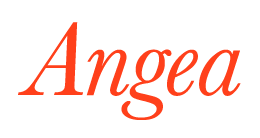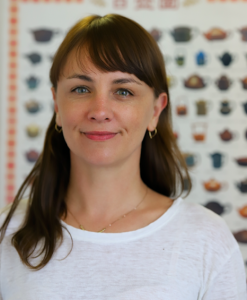Today in our blog we are talking about nutrition and breast milk supply. After labour, breast milk supply can sometimes be a struggle for mothers. Whilst some mother’s can produce enough supply, for those who have low milk supply feelings of stress, guilt, worry and frustration can take over. The way your baby nurses also affects your supply. The more frequently and effectively they breastfeed, the more milk you’ll make. If your baby doesn’t take enough milk during a feed, it’s essential to express regularly to protect your milk supply. Luckily Chinese Medicine recognises this and can address these issues early on and offer insight into how to nourish our bodies during these stages.
In Chinese medicine breast milk is made from the same substrate as blood. Prior to pregnancy, this was the blood of the menstruation. During pregnancy the menstruation ceases, and the blood supplies the placenta prior to birth. After birth, this becomes the source of breast milk. Sufficient energy is required to produce our blood and to convert the blood into milk. Just as a woman can lose her period or have trouble maintaining a pregnancy if she is undernourished or overly stressed, these factors can also interfere with lactation.
Did you know that lactation is more demanding on the mother’s energy than any other stage of reproduction? While adapting to new patterns of sleep, a new mother must also meet an increase of 25-30% in her energy requirement to satisfy lactation needs. For the first 6 months, the daily milk production is 1000-3000ml! So if you or a friend is breast-feeding, ensure there is a nice big glass of tepid water within reach and top it up as much as is needed.
For some new mothers there have been serious drains on their energy and nutrition for some time. They may have had a long and stressful fertility journey, prolonged morning sickness with minimal food intake or a poor maternal diet low in nutrient dense foods, anaemia in pregnancy or heavy blood loss during labour. They may have struggled emotionally throughout the pregnancy or had external stress factors such as financial worries or relationship issues. The exhaustion and blood loss of labour followed by sleep deprivation can leave the mother’s body with little resources for producing milk. If there is poor digestion our body cannot effectively convert nutrients from our food. All of these factors can contribute to low milk supply.
Where there is enough milk but it is not flowing, the letdown function of the breast is impeded and there is a failure of the milk to move down into the breast and flow from the nipple. This pattern is called qi blockage and the causes are usually emotionally based, stress, irritability, anxiety, low spirits or depression.
Both patterns of insufficient lactation are experienced as little or no milk after childbirth. With low milk supply there is a softness in the breast with no distention, milk that is thin or watery and the mother is tired with a lacklustre complexion and poor appetite. Milk flow issues are more often to do with stress, anxiety and postpartum depression impeding the flow of milk. The breasts are distended and tender and there can be a stuffy feeling in the chest, depression or irritability. Often we see an overlap between the two patterns.
On Monday we will be posting part two of this blog, with lifestyle and nutritional advice to support lactation as well as my top ten tips for good milk supply and flow and where to find help if you are struggling with breastfeeding.
Written by Kim Riley who is a registered doctor of Chinese Herbal Medicine and Acupuncture and has been practicing for over six years. Kim brings a wealth of knowledge and experience in women’s health, fertility, ivf, postnatal, pregnancy, teenage hormonal issues, gut health, the 4th trimester, Endometriosis, menopause, PCOS, nutrition and Chinese herbal medicine. She has a background in working in the health foods industry and initially studied naturopathy before changing paths to Chinese Medicine. This background serves her well in her work as she integrates her knowledge of whole foods, nutrition and supplements with her Chinese Medicine understanding.


